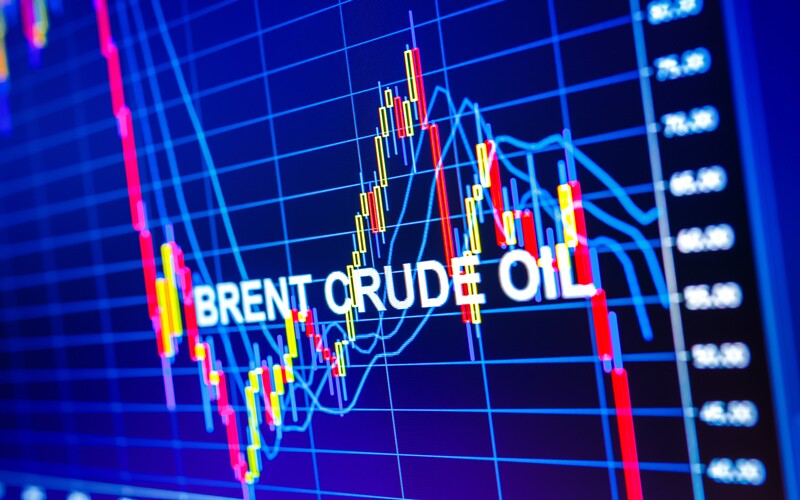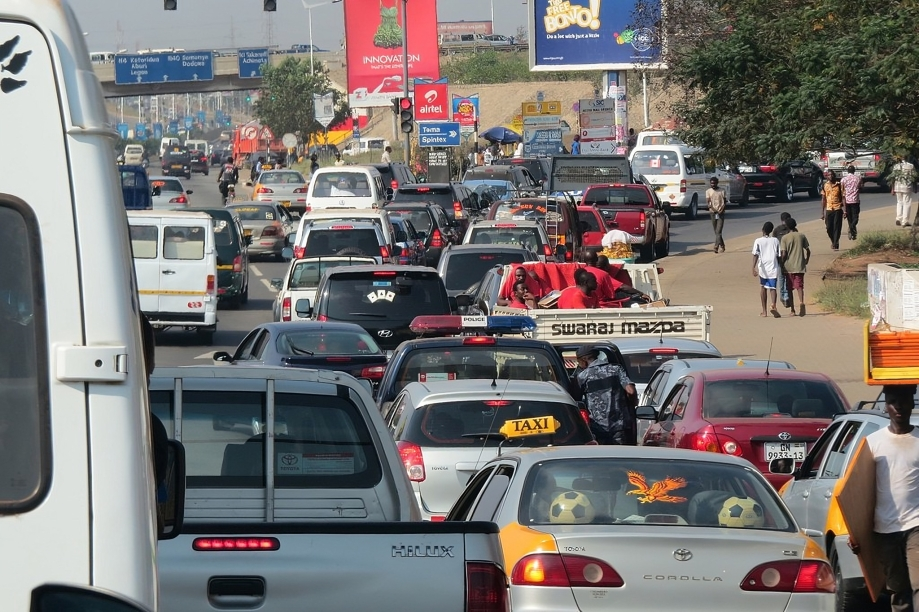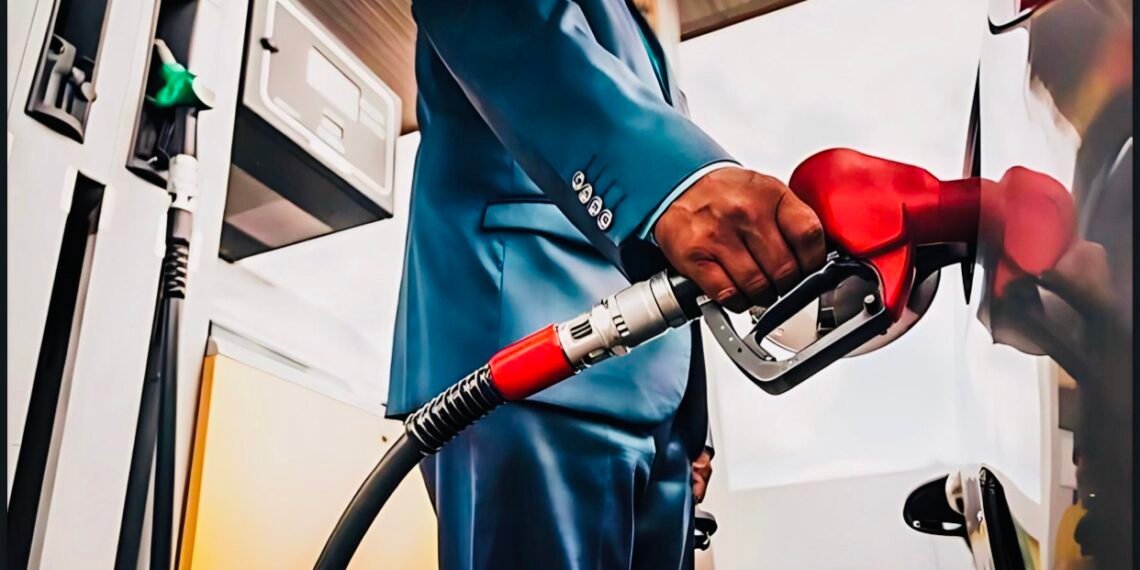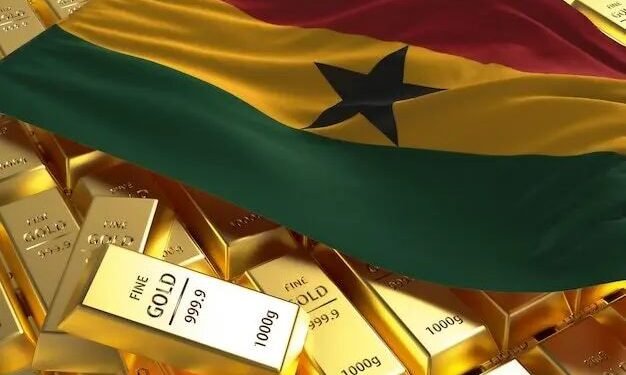Petrol prices in Ghana are projected to rise marginally in the first pricing window of October, while diesel and LPG may see slight reductions, according to the latest market outlook by the Chamber of Bulk Oil Distributors (CBOD).
According to the latest market outlook released by the Chamber of Bulk Oil Distributors (CBOD), petrol could climb by an estimated 1% to 2%, while diesel and LPG may drop by 2% to 3%.
“Pump price of petrol has increased from about GHS11.5110/Ltr to GHS13.1890/Ltr, while diesel rose from GHS12.6000/Ltr to GHS13.6910/Ltr in just one month.
“These adjustments represent a substantial increase, with potential implications for inflationary trends, transportation costs, and general economic activity.”
CBOD’s Market Outlook Report
CBOD explained that the anticipated adjustments reflect the dual impact of global petroleum market dynamics and Ghana’s struggling local currency.
International Market Movements

On the global stage, refined petroleum products recorded varying shifts. Petrol (gasoline) prices rose by 1.43% to $757.43 per metric tonne, while diesel dropped by 3.65% to $752.40 per metric tonne. Liquefied Petroleum Gas (LPG) also fell by 2.17% to $449.20 per metric tonne.
These developments suggest that diesel and LPG consumers could benefit from marginal relief if exchange rate pressures are moderated.
Petrol users, however, are expected to shoulder slight price hikes due to the upward movement in international benchmarks.
In addition to geopolitical factors, broader macroeconomic circumstances, including inflationary trends, currency volatilities, and uneven economic growth prospects, continue to impact price volatility.
“It is expected that despite the tough sanctions on Russian and Iranian oil, the increasing production by both OPEC and non-OPEC countries such as Brazil, Canada, and the US will balance out the supply and demand pressures in the last quarter of the year.”
CBOD’s Market Outlook Report
Cedi Depreciation Overshadows Gains

The Ghanaian cedi has emerged as the key determinant of fuel price changes, with its volatility undermining domestic pricing stability.
CBOD attributed recent increases in fuel pump prices to the significant depreciation of the Ghanaian cedi over the past two months.
In its market outlook, the CBOD stated that the cedi weakened from approximately GHS10.50 to the US dollar in August to around GHS12.80/USD by the end of September.
“For the first selling window of October (1st to 15th October) is estimated at GHS12.9000/USD, based on quotation from oil financing commercial banks.
“Moreover, the applicable spot rate for cash sales is estimated at GHS12.5000/USD based on quotations from oil financing commercial banks.”
CBOD’s Market Outlook Report
According to the report, this sharp depreciation has been a major factor behind the upward adjustments in pump prices during the period.
However, the CBOD expressed optimism that ongoing policy interventions by the government and the Bank of Ghana (BoG) could help stabilize the currency.
Improved currency stability is expected to enhance access to foreign exchange for petroleum importers, which could, in turn, help reduce refined petroleum product prices at retail outlets.
Consumer Impact and Market Reactions

For many Ghanaians, the looming increases come at a time of economic strain, with transport operators and businesses already grappling with high operating costs.
Any marginal hikes in petrol prices are expected to reignite calls for government intervention to stabilize the market.
Transport unions have repeatedly warned that persistent fuel price volatility directly impacts transport fares, which subsequently affect food and commodity prices. They argue that even minor increases at the pump can trigger broader inflationary pressures across the economy.
Despite these concerns, the latest data shows a positive trend in inflation. Ghana’s inflation rate dropped to 9.4% in September 2025, down from 11.5% in August, marking a return to single-digit inflation.
Meanwhile, OMCs are adopting cautious strategies in setting their pump prices, balancing between staying competitive and covering rising import costs.
As Ghana enters October, motorists and businesses face a mixed outlook at the pumps. Diesel and LPG users may experience slight relief, but petrol prices are expected to rise modestly.
The broader trend, however, remains unchanged: the continued depreciation of the cedi is the key driver of fuel price movements.
READ ALSO: Market Cheers as Ghana’s Treasury Auction Breaks Four-Week Drought with 15.8% Oversubscription























